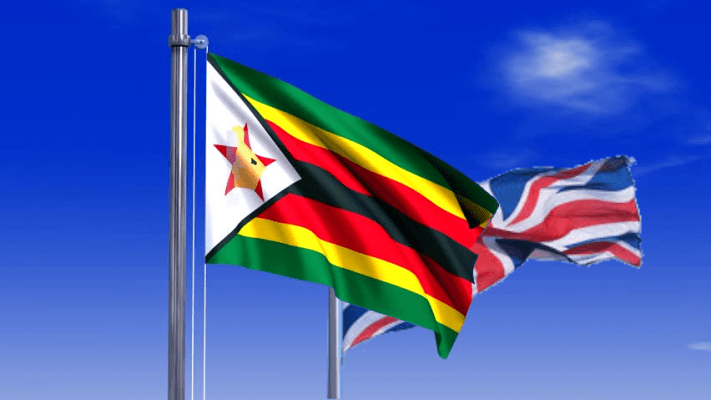Removal of US tariffs will hurt Zim: Experts
GOVERNMENT’S decision to remove tariffs on American products entering Zimbabwe will hurt the economy as it makes imports cheaper than those produced locally, experts warned this week.
President Emmerson Mnangagwa on Saturday directed the government to suspend all tariffs levied on goods originating from the United States, a measure he said was intended to facilitate the expansion of American imports within the Zimbabwean market.
In a post on the social media platform X, the President noted that this action underscored Zimbabwe’s commitment to a framework of equitable trade and enhanced bilateral co-operation.
The decision came after United States President Donald Trump imposed an 18% reciprocal tariff on Zimbabwe in response to the country’s 35% tariff on American products.
“This effectively destroys any chance of local industrialisation as imports become cheaper than producing them locally, unless we import technology to produce locally and not finished products,” economist Vince Musewe told NewsDay Business.
Another economist Chenayimoyo Mutambasere said: “In 2023, Zimbabwe’s imports from the United States accounted for only 0,5% of the country’s total imports, primarily comprising machinery and agricultural products.
“In contrast, Zimbabwe’s major import partners include China, South Africa and India — none of whom have been offered similar concessions.”
She said the new policy would not address the strained relations between Harare and Washington.
Much of Zimbabwe’s public debt of over US$21 billion hinges on the American government’s interest in supporting the southern African nation’s efforts in clearing its overdue obligations.
Mutambasere noted that the 18% tariff on Zimbabwean exports to America would be an immediate challenge if remains in place.
This is because America is a major export destination for local goods, which totalled US$48,15 million last year, a monthly average of US$4,01 million, according to the Zimbabwe National Statistics Agency.
“From an economic perspective, this move significantly increases the cost of exporting to the US, making Zimbabwean goods less competitive compared to products from countries without similar tariffs,” Mutambasere said.
“For local exporters, the immediate challenge will be finding ways to absorb these additional costs without passing them on to consumers. To remain competitive, companies will need to focus on reducing their production costs.”
Without addressing these underlying cost issues, she said, Zimbabwean products risked being priced out of the American market, leading to reduced export volumes and potential revenue losses for businesses.
Economist Tony Hawkins said that the tariff removal would intensify global competition, potentially shrinking the export market, which could further disadvantage Zimbabwe’s already struggling export sector.
“The Zimbabwe government believes that it will earn brownie points by abandoning tariffs on US imports, which is just one more political misjudgment on its part. Not very smart – just pathetic. The real impact on Zimbabwe will be negative, but because the bulk of Zimbabwe’s exports are raw materials, commodities and gold, it is unlikely to suffer directly from the global tariff war,” he said.
“The indirect impact will be slower global GDP [gross domestic product] growth. Slower world trade growth means that the total world export market will stagnate, even shrink, and become more competitive, which is bad news for Zimbabwe with its absurd anti-export trade and exchange rate policy.
“The overall effects will be inflationary — worldwide and in Zimbabwe — and the ZiG exchange rate will devalue. The budgetary situation will worsen, money supply growth will accelerate and the RBZ’s (Reserve Bank of Zimbabwe) exchange rate and price stability will be shown to be the charade that we know it is.”
He said Zimbabwe’s decision would likely lead to increased unemployment and poverty, heightened political and country risk and a decline in domestic and foreign investments.
“It is a bleak outlook but sadly policymakers and business leaders [if they still exist in Zimbabwe] continue to believe the prattle emanating from budget surplus Mthuli Ncube [Finance minister] and exchange rate stability Mushayavanhu [RBZ governor John] who live on a different planet from the rest of us,” Hawkins said.-newsda










